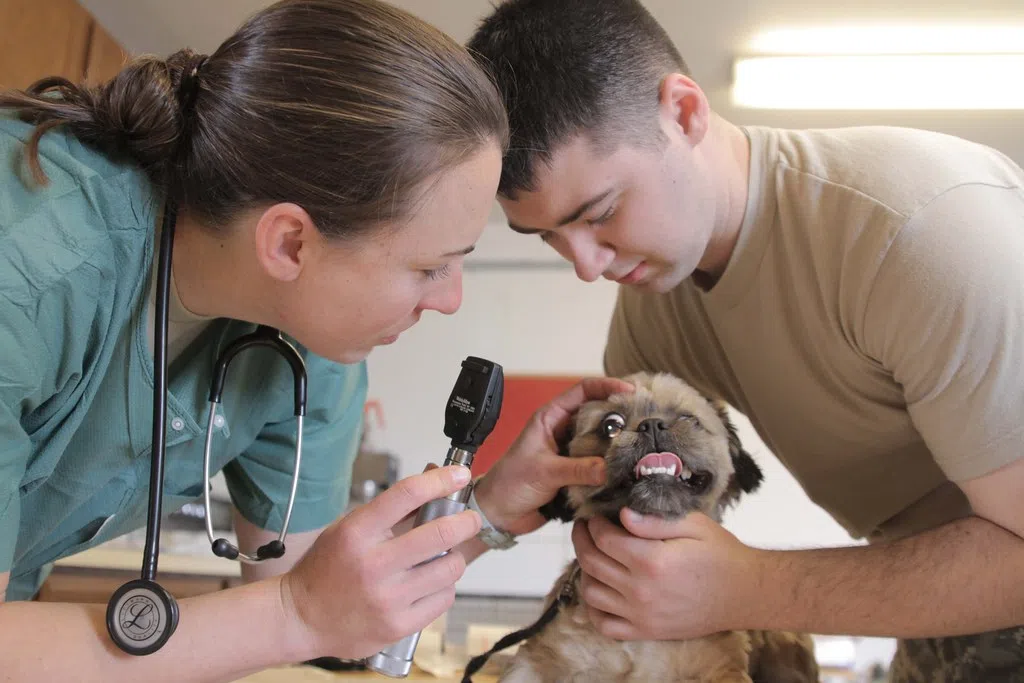The ag industry in general is a very stressful place to be, especially for a veterinarian. Dr. Jamie Pribyl said that vets are caretakers who try and put the animals and owners before themselves, which can negatively impact them.
“It’s kind of ingrained in us to be a caretaker, right. We care about the wellness of our patients and our clients, and oftentimes neglect, really the well-being of ourselves. So the physical, mental, spiritual, and social wellbeing aspects that contribute to your overall wellbeing,” Pribyl says.
She said that no matter who you are, the warning signs are similar. A change in their attitude, being more irritable, starting a conflict, and seeming like a sadder version of themselves. As a friend, coworker, or patient, you know these people better than others and should keep an eye out for the red flags.
A career in the veterinarian field brings a lot of emotions. For example, imagine a small animal vet. “The first quarter of the hour, they might be looking at the family’s new puppy, and then walk out the door, walk into the next room, and have to treat a very ill old dog that’s a family member and the family’s made the choice to euthanize the animal. And that family is going to be distraught, and the veterinarian is part of that. They have to maintain their composure and help the family through that, but it’s a very emotional situation. And then you go from that situation, out the door and into the room with the new kitten next door. So, you sort of have to make a very quick switch of your emotions from one appointment to the next.”
She explains that one simple way to keep your veterinarian’s attitude up is to show your appreciation for them. “One thing to know as an animal owner, whether it’s livestock or a pet, have awareness that mental wellbeing is an issue in our profession, as it can be in the general population as well. I think one of the best things that you can do with your veterinarian is just show them gratitude for what they’re doing, just showing gratitude and kindness is an amazing therapy.”
Below are some resources for vets and their staff. We appreciate you.
- National Prevention Suicide Hotline, the number for that is 1-800-273-8255.
- The American Association of Equine Practitioners has many resources.
- The American Veterinary Medical Association also has many of the same resources.





